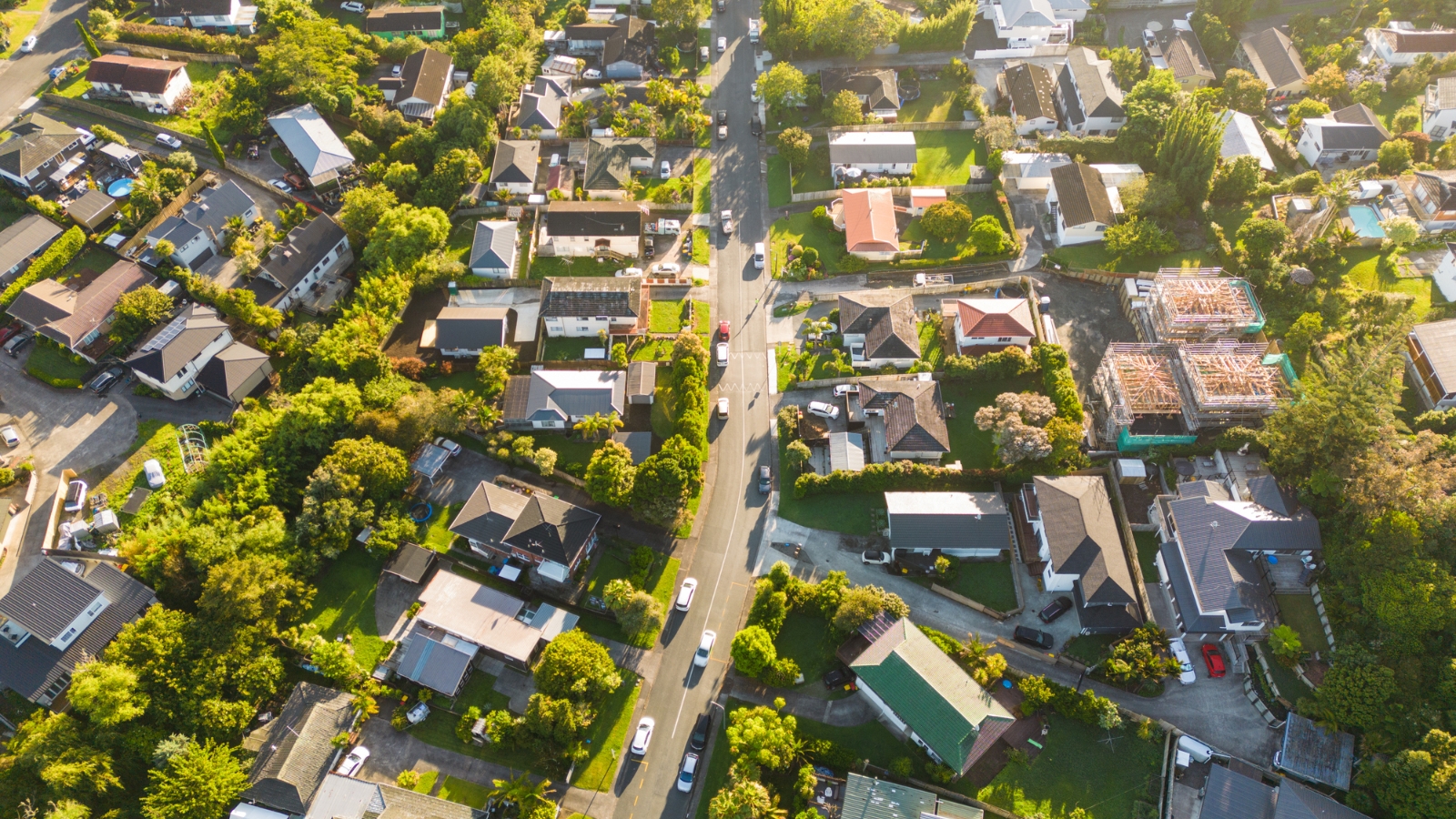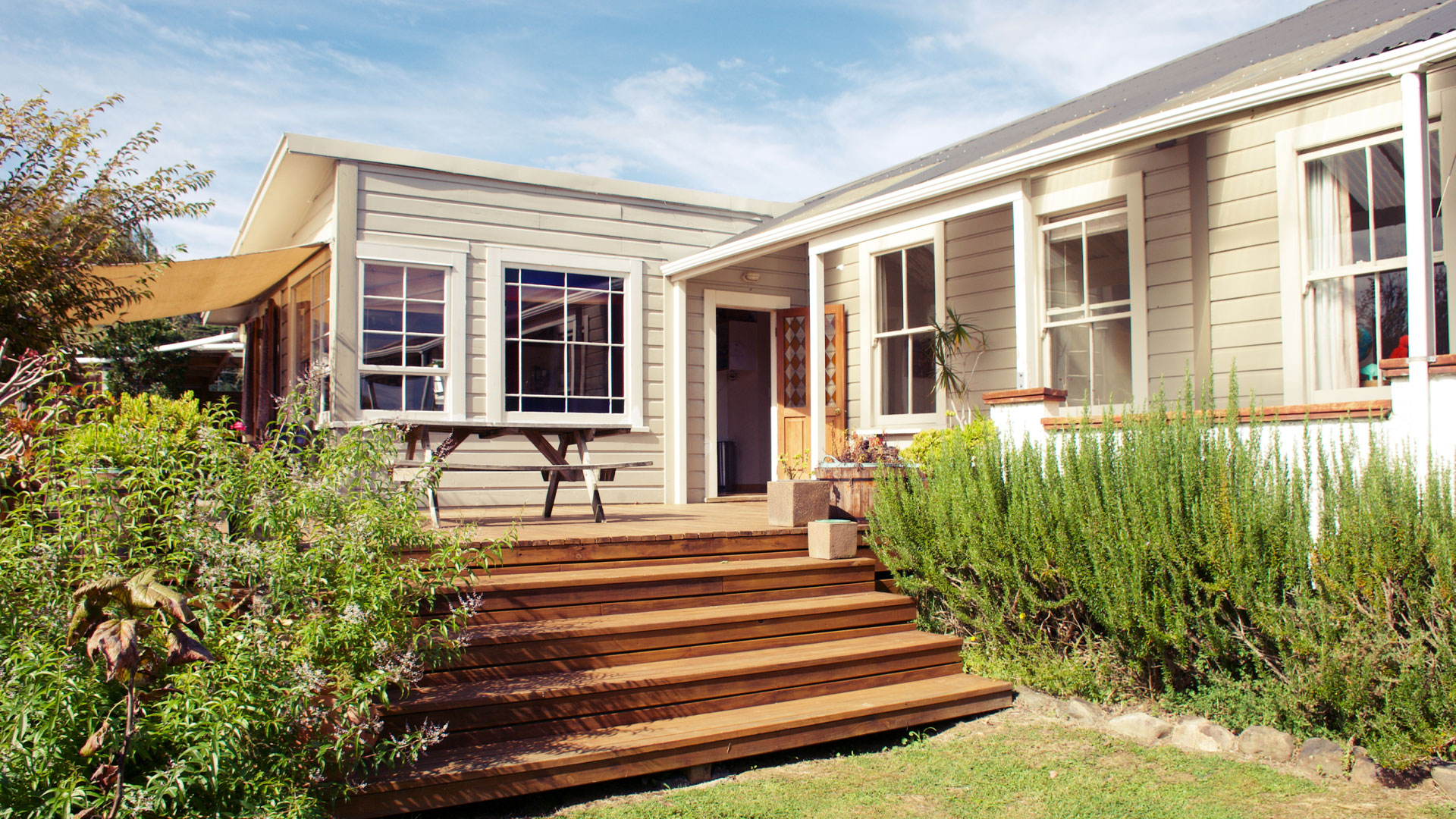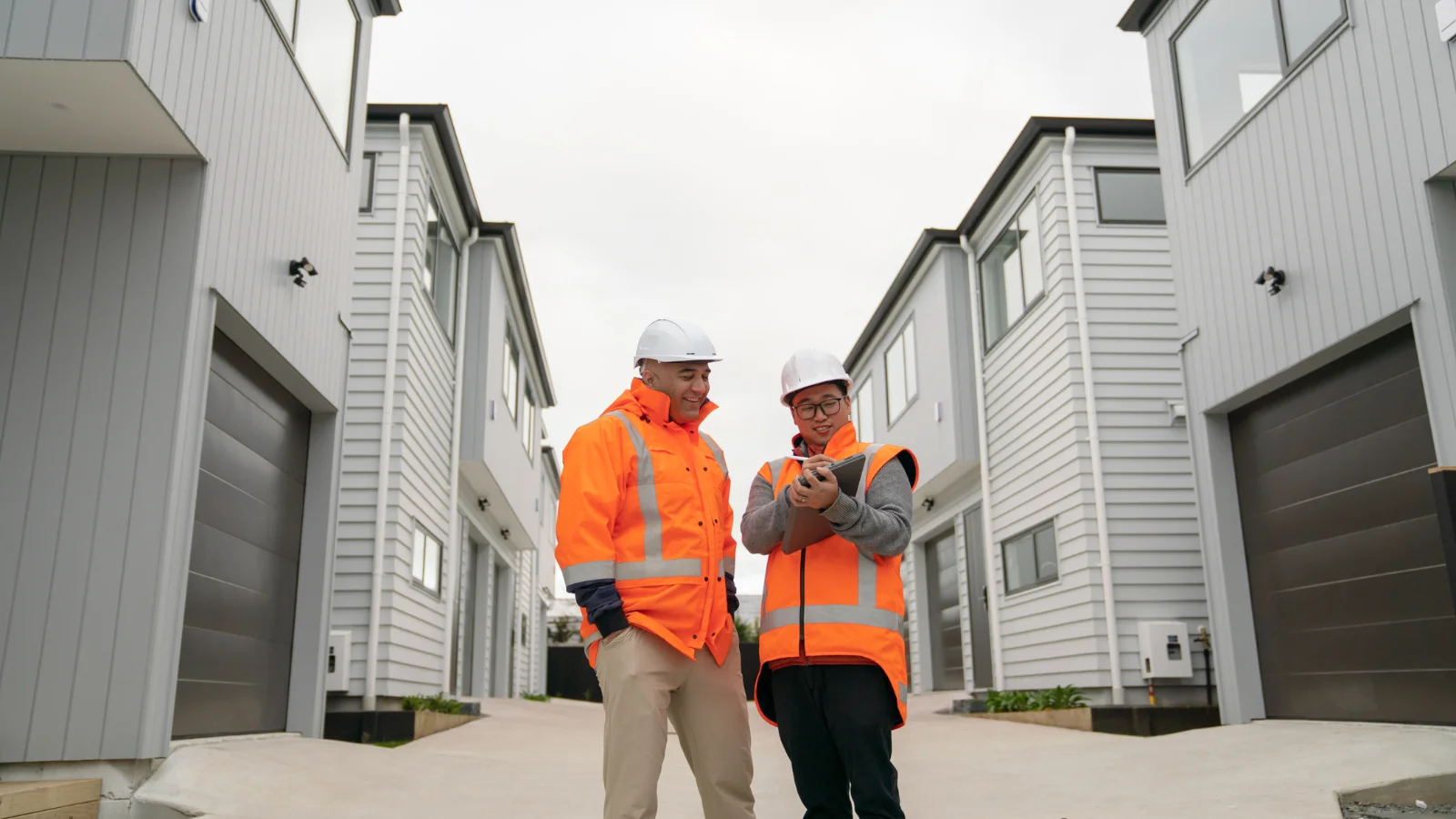Buying guide
How much does it cost to subdivide property in NZ?
Subdividing could be a great way to profit from your property, but getting it done is not cheap.

What's the average cost of subdividing in NZ?
Talk to an expert early in the process to ensure you're on the right track.
Can I subdivide my property?
FAQs — subdividing properties in NZ
Author
Search
Other articles you might like







